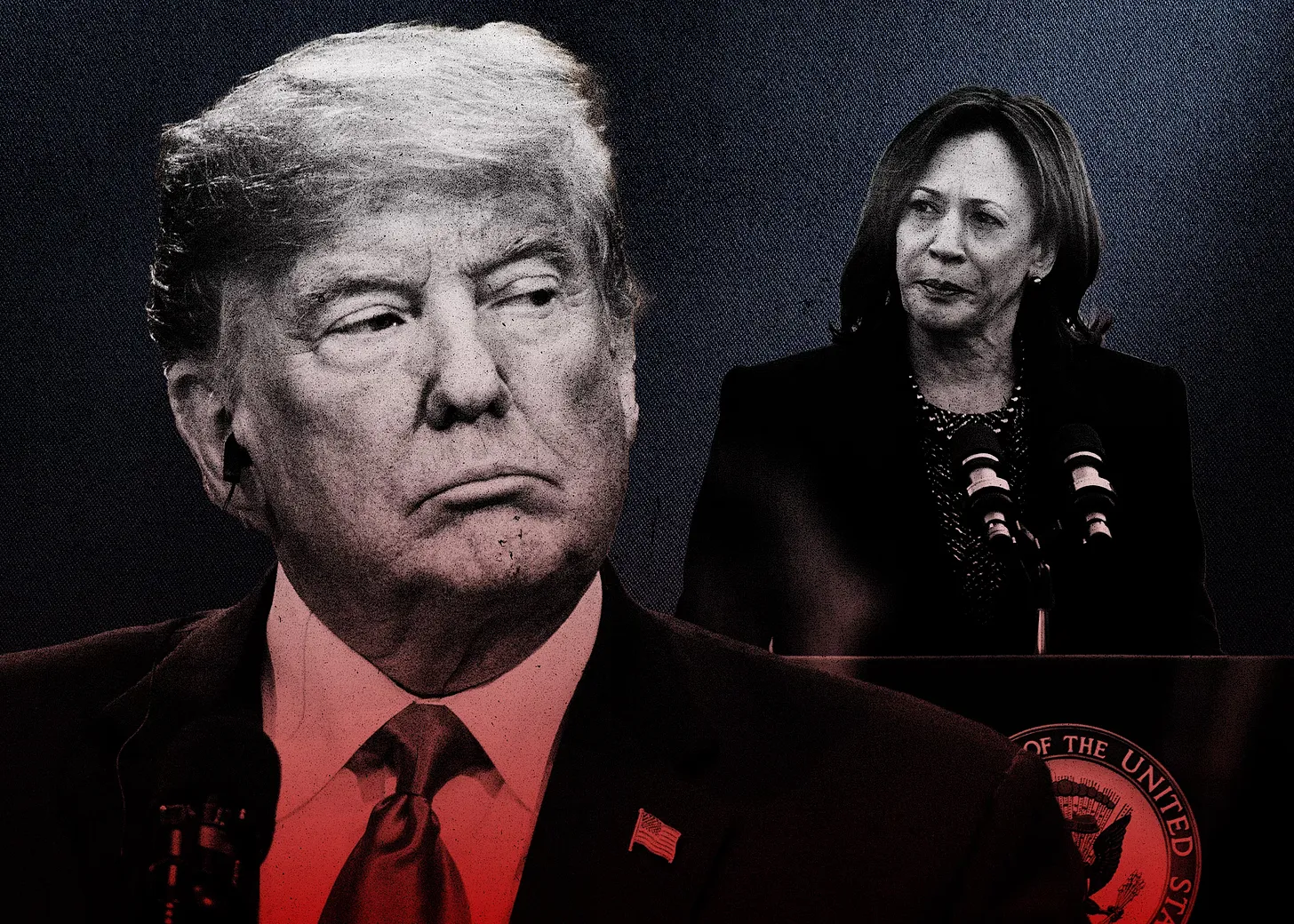BYRON YORK FROM WASHINGTON EXAMINER
WILL DEMOCRATS SUFFER IMPULSE BUYER’S REMORSE? The most striking thing about the Democratic move to anoint Vice President Kamala Harris as the party’s presidential nominee is how incredibly fast it was. President Joe Biden announced his withdrawal from the race early Sunday afternoon. Thirty-two hours later, less than a day and a half, the party’s top leadership, plus a majority of the nearly 4,000 Democratic convention delegates, had committed to support Harris. By late Monday night, the Harris campaign posted a message headlined, “Statement from Vice President Kamala Harris on Becoming the Presumptive Democratic Nominee for President.”
People from all over the political world were amazed at what Rep. Mike Quigley (D-IL) called the “lightning quick unification” of the party. No, it was not surprising that the party would endorse its sitting vice president once the president removed himself from the scene. But even with Harris’s skimpy record and low approval ratings, nobody appeared to give supporting her a moment’s thought — they just acted. It would not be an exaggeration to call the move to Harris a stampede.
But if something so momentous can happen so quickly, doesn’t that mean additional momentous changes can happen just as quickly? It is July 23. The Democratic National Convention is scheduled to begin on Aug. 19. That’s 27 days away. Remember how much has changed in just the 10 days since July 13 — the Trump attempted assassination, the Republican National Convention, Biden’s withdrawal, and the Democratic embrace of Harris. Is there any reason to believe that things will settle down now?
More specifically, there is plenty of time for Democrats to rethink their rush to Harris. How will she do on the campaign trail? What will the polls show once enough time has passed for a reliable measurement of public opinion? How will Harris wear on voters? By the time Democrats meet in Chicago, there might be great happiness with Harris. On the other hand, there might be growing doubts.
The point is, there is time for change between now and the convention. On Tuesday, Trump campaign pollster Tony Fabrizio released a memo predicting a media-driven “Harris honeymoon” over the next few weeks. But couldn’t the opposite occur, too — that after an initial mindless euphoria, some Democrats could develop a Harris hangover?
It’s good to remember that Harris was a terrible candidate in the 2019 Democratic presidential primary campaign. (She was so bad that her campaign did not make it to 2020, when the actual primary and caucus voting took place.) As the stampede was beginning over the weekend, the Washington Post’s Megan McArdle posted, “I feel like I am watching a lot of people who previously agreed that Harris was not a very good candidate suddenly convince themselves that actually, she is a spectacular candidate.” Here’s a guess: She won’t be a spectacular candidate.
Some observers might say, wait, there’s just 27 days until the convention. There’s no time to rethink the Harris choice. To answer that, look at something that the journalist Mickey Kaus, a pioneer blogger, calls the “Feiler faster thesis.” “The basic idea is this,” Kaus wrote way back in 2000. “The news cycle is much faster these days, thanks to 24-hour cable, the web, a metastasized pundit caste constantly searching for new angles, etc. As a result, politics is able to move much faster, too, as our democracy learns to process more information in a shorter period and to process it comfortably at this faster pace. Charges and countercharges fly faster, candidates’ fortunes rise and fall faster, etc.” What was true then is even more true now.
If the last 10 days have been a lesson in anything, it is that no one can predict what will happen 15 minutes from now, much less tomorrow or the next day. So it might be that the period before the Democratic convention is a huge success for Harris. But it also might be less than that. And if that happens, Democrats might look back with remorse — call it impulse buyer’s remorse — on the hours in which they raced to endorse Harris.
THIS ARTICLE ORIGINALLY APPEARED IN WASHINGTON EXAMINER

